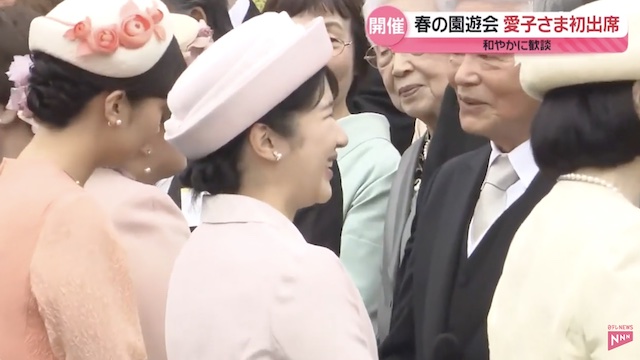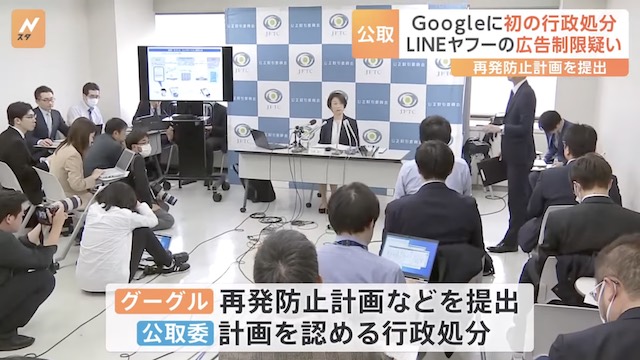May 22 (unseenjapan.com) - It may not currently be a topic of polite conversation in much of local society, but abortion in Japan has existed for as long as people have.
In early Japan, survival could be difficult due to poverty, famine, and health issues. In the Edo Period, pregnancy was often an unwelcome burden to women working in the sprawling pleasure quarters. It wasn’t uncommon for women to view pregnancy as an inconvenience to their livelihoods, and abortion as a necessity.
However, contraception did not yet exist, and proper abortions were difficult to obtain. Poverty and lack of access led desperte pregnant women to rely on dangerous methods, such as induced miscarriages, self-harm, and infanticide. Natural methods included drinking poisonous substances or herbal concoctions, all of which lacked a scientific basis. Many had adverse effects. Other means included acupuncture, cold water immersion, and vaginally inserting sharp objects such as burdock roots to break the amniotic sack. More fatal means, sadly, included hiring a ‘kosashibaba‘ or ‘kosashijiji‘ (a person who would stab the fetus), or throwing oneself from high places, such as flights of stairs or from walls and buildings.
What happened when an abortion attempt failed, or a woman decided to complete her pregnancy? As horrible as it may sound today, in ancient times, many viewed infanticide or child neglect as an acceptable, and in some cases safer, alternative to abortion. This was the practice of mabiki (間引き), or 'thinning out'. Mabiki has a history of over 1,000 years in Japan, becoming more widespread during the Edo Period as a means of population control. ...continue reading









